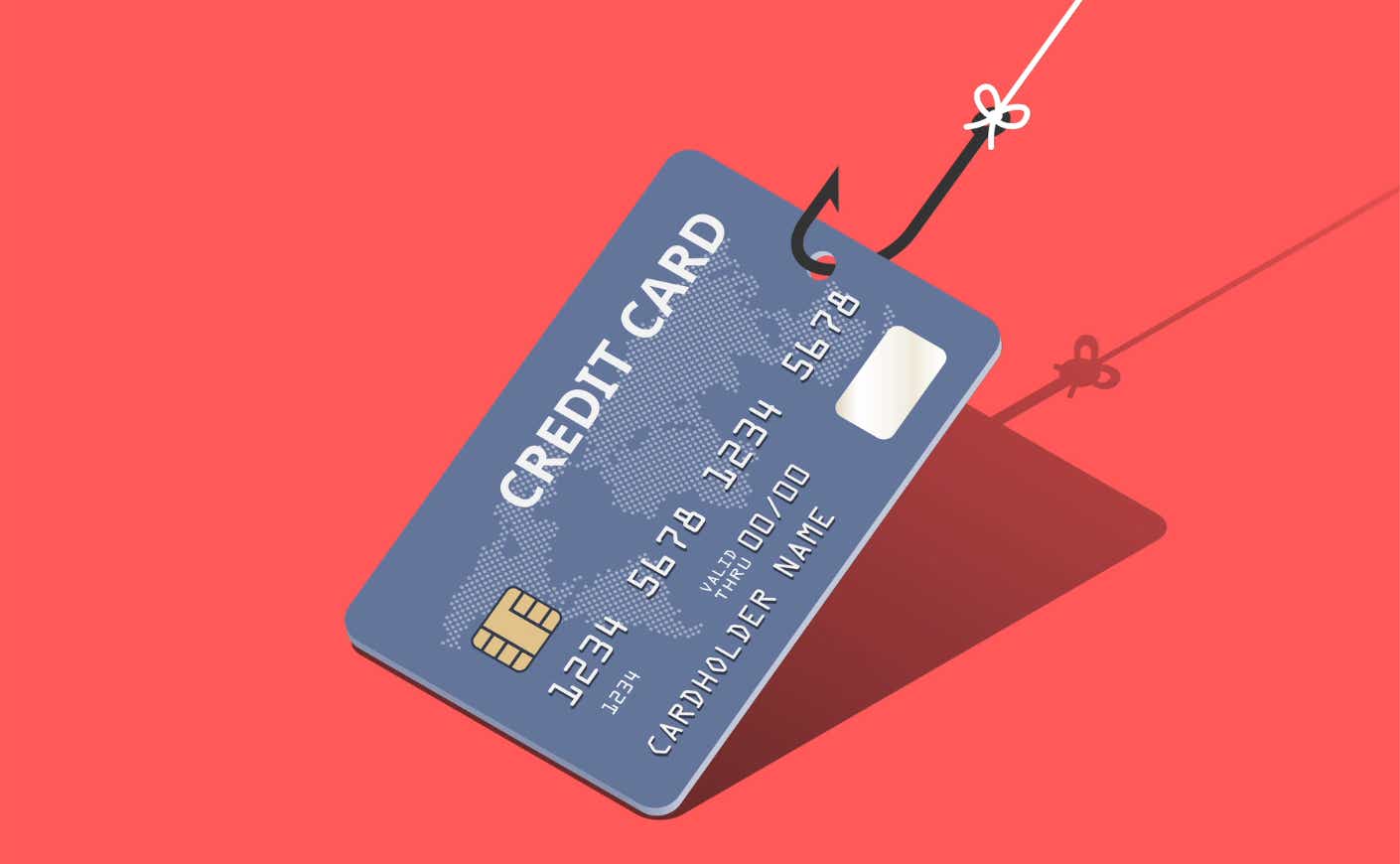The Trump administration has set its sights on yet another government agency — this time, one that protects Americans from financial abuse.
In an email sent Saturday night, newly appointed acting director of the Consumer Financial Protection Bureau (CFPB) and Project 2025 architect Russell Vought ordered the agency to suspend nearly all operations, including investigations into financial firms. In response, an unnamed former CFPB official told CNN that the funding cut leaves $18 trillion in consumer debt without oversight, potentially exposing millions of Americans to financial abuse.
The following day, CFPB Chief Operating Officer Adam Martinez informed employees that the agency’s Washington, D.C., headquarters would be closed through Feb. 14 and directed staff to work from home until then.
Ted Rossman, senior industry analyst at Bankrate, a financial services website, tells Katie Couric Media that this move underscores the political divide on the issue. While Democrats highlight the billions of dollars the agency has recovered for consumers wronged by financial institutions, Republicans — alongside much of the financial industry — argue that the CFPB imposes excessive regulatory burdens. “There can be unintended consequences,” Rossman says. “For instance, efforts to cap some fees, such as credit card late fees, turn into a game of whack-a-mole, and then other fees go up to compensate.”
Here’s a breakdown of what the CFPB does — and what its shutdown could mean for you.
What does the Consumer Financial Protection Bureau do?
The CFPB is a relatively new agency — it was first established in 2011 as part of the Dodd-Frank Wall Street Reform and Consumer Protection Act in response to the Great Recession. Since its founding, the independent government watchdog has secured nearly $20 billion in financial relief for U.S. consumers through canceled debts, compensation, and loan reductions.
Up until this point, its primary role is enforcing consumer protection laws, shielding Americans from deceptive or abusive financial practices. The CFPB also oversees major banks, mortgage lenders, credit card companies, and other financial institutions — taking legal action when they violate regulations.
Beyond enforcement, the agency regulates financial products and services. A key example is its 2017 payday lending rule, which required lenders to verify a borrower’s ability to repay before issuing a loan, aiming to prevent debt traps. More recently, in January, the CFPB sued Capital One, accusing the bank of misleading customers about its offerings for high-interest savings accounts and allegedly cheating customers out of more than $2 billion in lost interest payments.
The CFPB also traditionally handles consumer complaints, offers financial education tools, and conducts research to identify emerging threats — ensuring fairer, more transparent financial markets.
Can Trump really shut down the fraud-fightening agency?
The agency cannot be shut down without congressional approval, requiring a separate act to formally dismantle it. However, its director, Vought, has the power to significantly weaken its operations by rolling back regulations — and he has already made it clear he intends to do just that.
Shortly after the news broke on Saturday, Vought announced on X that he had cut off new funding to the CFPB, stating he would not request its next round of unappropriated funds because they are not “reasonably necessary” for its operations. He argued that the agency’s current balance of $711.6 million is “excessive.”
“This spigot, long contributing to CFPB’s unaccountability, is now being turned off,” he wrote.
The Trump administration had already laid the groundwork for this move even before Vought’s announcement. Employees with Elon Musk’s Department of Government Efficiency (DOGE) targeted the agency as part of their overhaul of federal spending. On Friday, Musk posted "CFPB RIP" on X, while his team seemingly took control of the agency’s website. Its homepage now displays an error message, though the rest of the site remains operational.
How are Democrats responding to Vought shutting down CFPB?
The criticism from across the aisle was swift. Democratic Sen. Elizabeth Warren, who originally proposed the creation of the CFPB, accused Vought of "giving big banks and giant corporations the green light to scam families."
Others have outright called the move illegal. Democratic Sen. Chris Van Hollen argued that Vought lacks the legal authority to dismantle the agency, as it is “protected by law.”
Meanwhile, House Financial Services Committee Chair Maxine Waters wrote a letter to Treasury Secretary Scott Bessent, urging him to cancel the work order.
“We urge you to immediately rescind what appears to be an illegal stop-work order and allow the public servants at the CFPB to get back to work for the American people, as required by law,” Waters and other Democrats wrote.
Many policy groups and trade organizations have also expressed concerns. Nadine Chabrier, counsel at the Center for Responsible Lending, called the developments "deeply troubling," adding, "These actions undermine the CFPB’s mission to protect consumers from financial misconduct."









